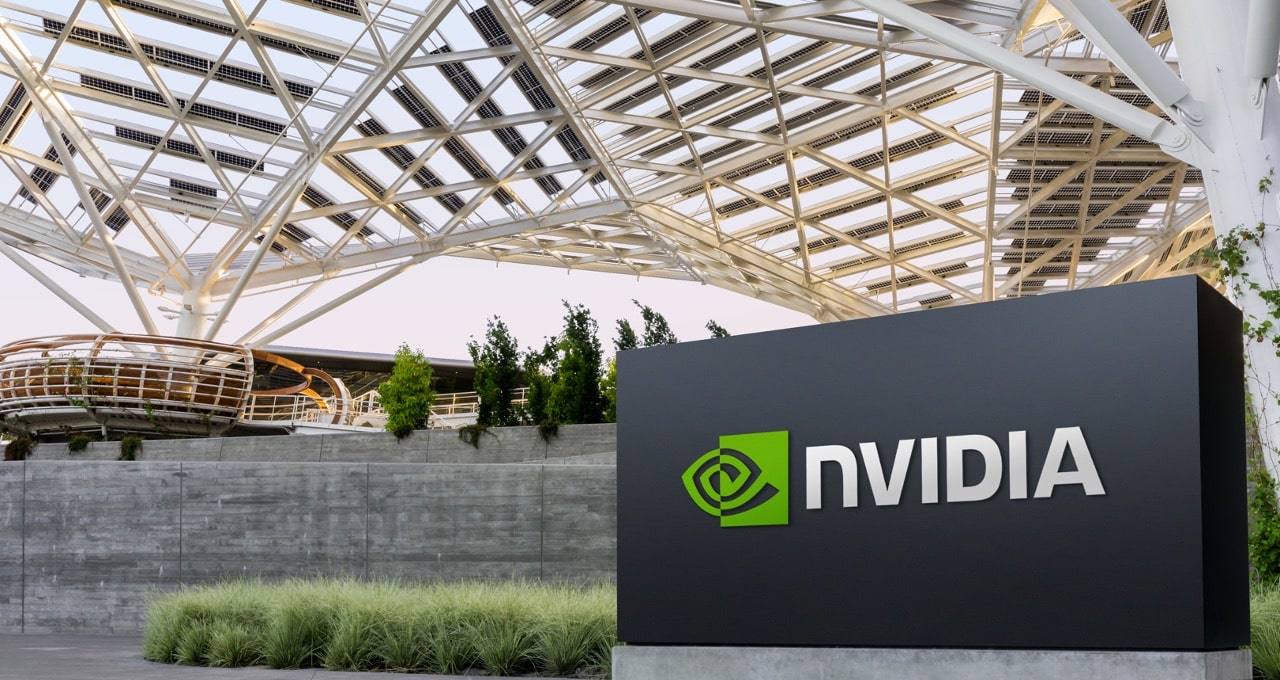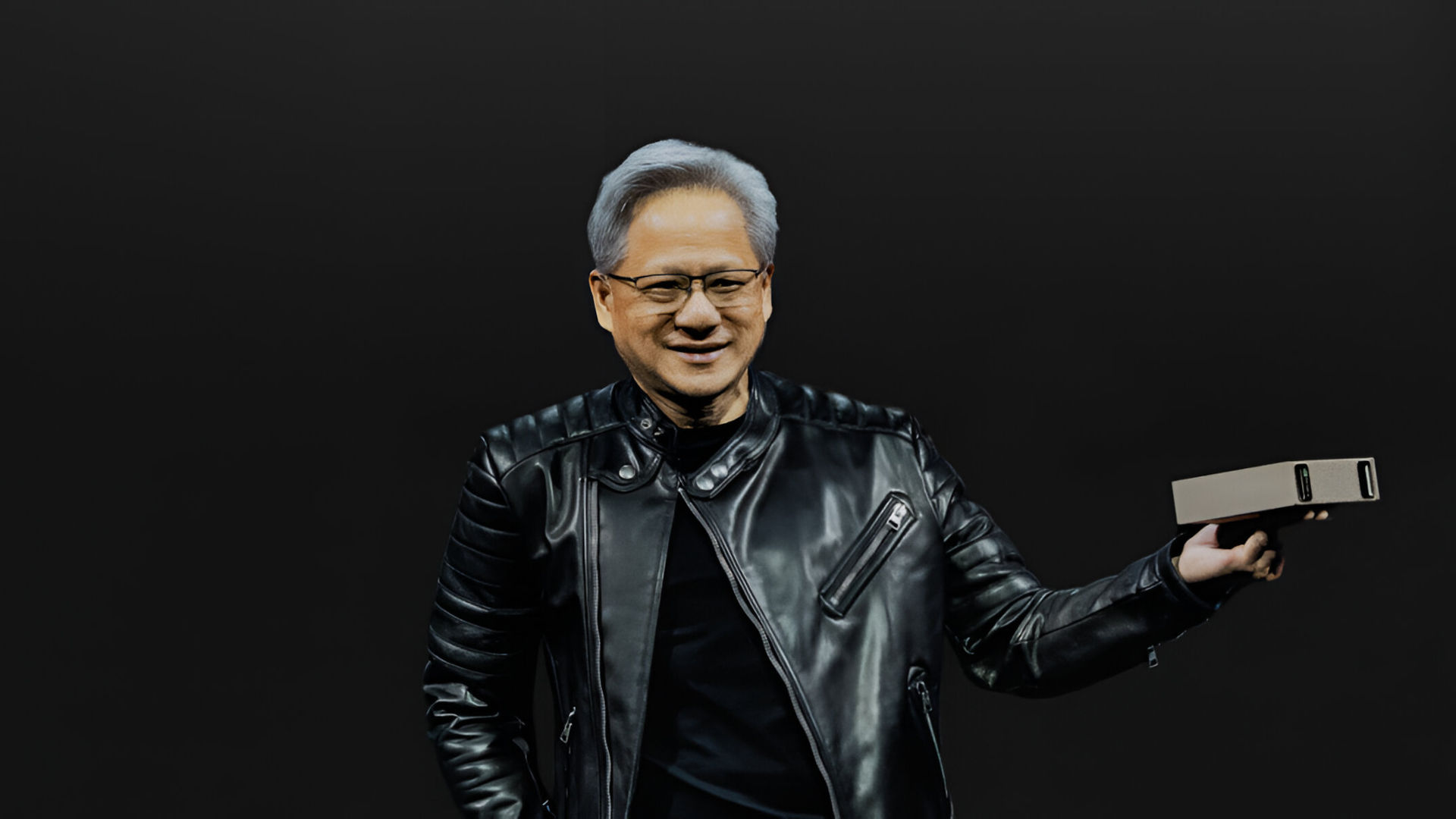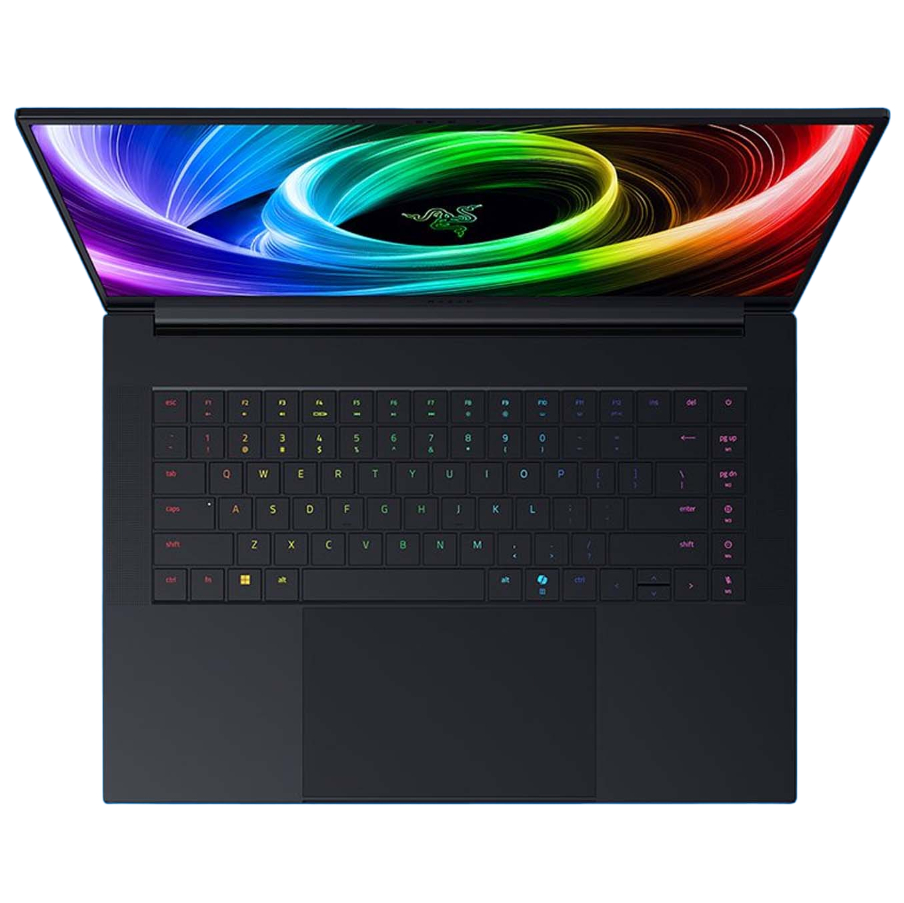Nvidia makes almost 10 times more from AI than gaming but 'margins are already eroding as rivals push into the space'
Geez, that's a lot of AI.

Keep up to date with the most important stories and the best deals, as picked by the PC Gamer team.
You are now subscribed
Your newsletter sign-up was successful
Want to add more newsletters?

Every Friday
GamesRadar+
Your weekly update on everything you could ever want to know about the games you already love, games we know you're going to love in the near future, and tales from the communities that surround them.

Every Thursday
GTA 6 O'clock
Our special GTA 6 newsletter, with breaking news, insider info, and rumor analysis from the award-winning GTA 6 O'clock experts.

Every Friday
Knowledge
From the creators of Edge: A weekly videogame industry newsletter with analysis from expert writers, guidance from professionals, and insight into what's on the horizon.

Every Thursday
The Setup
Hardware nerds unite, sign up to our free tech newsletter for a weekly digest of the hottest new tech, the latest gadgets on the test bench, and much more.

Every Wednesday
Switch 2 Spotlight
Sign up to our new Switch 2 newsletter, where we bring you the latest talking points on Nintendo's new console each week, bring you up to date on the news, and recommend what games to play.

Every Saturday
The Watchlist
Subscribe for a weekly digest of the movie and TV news that matters, direct to your inbox. From first-look trailers, interviews, reviews and explainers, we've got you covered.

Once a month
SFX
Get sneak previews, exclusive competitions and details of special events each month!
Nvidia has caught the wave of the AI boom thanks to its selection of GPUs and data centers, and that appears to be paying off big time, but with any boom comes competition. Some analysts worry Nvidia can't keep this level of profit margin long term.
Nvidia just had its Q2 2025 earnings call. In it, Nvidia reports a total revenue of $46.7 billion, which is 6% higher than last quarter and 56% higher than this time last year. Data center revenue for its latest Blackwell architecture grew by 17% too.
Nvidia has been all in on AI for some time now. Just a few months ago, Nvidia CEO Jensen Huang called Trump "America's unique advantage" because his ramping up of energy meant more for AI factories. Last year, he claimed future customers might want three computers for AI: one to create AI, one to simulate AI, and one to run AI. That's, well, a lot of AI.
This AI-led approach comes through in the earnings call, which is largely focused on both it and Nvidia's prospects in China. In the call, Nvidia's executive vice president and chief financial officer, Colette Kress, reports, "We are focusing on meeting the soaring global demand. This growth is fueled by capital expenditures from the cloud to enterprises, which are on track to invest $600B in data center infrastructure and compute this calendar year alone."
Gaming got a comparably small amount of the call, with Nvidia reporting a "49% jump year on year" with a revenue of $4.3 billion. This growth is attributed to continued sales from RTX Blackwell, which launched early this year, as well as the recent launch of the RTX 5060.

Seeking Alpha reports that the total revenue is slightly below some estimates, and share prices for the computing company dipped by 2.7% afterwards. These revenue figures do not represent any income made from the H20 chip, which was originally intended to be sold as an AI chip in China. This was first banned by the US, then the US allowed it, and China banned it instead.
Despite major growth, there are a few worries behind this AI expansion. As reported by The National News, deVere Group's chief executive Nigel Green says, "The shift is that the company’s moved from hyper growth to high growth", and he says, "This matters because markets have priced Nvidia as if its rate of expansion could continue indefinitely, and that level of outperformance was never sustainable."
Keep up to date with the most important stories and the best deals, as picked by the PC Gamer team.
According to Capacity, Green also warned that a large chunk of Nvidia's revenue is reliant on just two customers (believed to be Microsoft and Meta). This high level of concentration can be a worry, and "Markets don’t like that level of exposure."
Green argues, “Nvidia has been the undisputed champion of the AI boom, but margins are already eroding as rivals push into the space. Growth in AI demand is relentless, but Nvidia’s share of that growth is being squeezed. The story is no longer about one company dominating; it’s about an entire industry expanding at pace.”
Operating expenses are higher than last year, but so too is operating income. Gross margin has slipped from 75.1% this time last year to 72.4% and diluted earnings per share have grown from $0.67 to $1.08. So shareholders can't be too annoyed about the performance.
There's a gold rush going on right now with AI development, one that many companies are in on, and for the likes of Meta and Microsoft, Nvidia is selling the shovels. These reports wonder how long Nvidia can be the sole provider here before someone else comes along with more for cheaper. Whether this is a sustainable industry or a bubble is anyone's guess, but Nvidia is certainly making a lot of money right now. And it's not primarily from gamers like me and you.

👉Check out our list of guides👈
1. Best gaming laptop: Razer Blade 16
2. Best gaming PC: HP Omen 35L
3. Best handheld gaming PC: Lenovo Legion Go S SteamOS ed.
4. Best mini PC: Minisforum AtomMan G7 PT
5. Best VR headset: Meta Quest 3

James is a more recent PC gaming convert, often admiring graphics cards, cases, and motherboards from afar. It was not until 2019, after just finishing a degree in law and media, that they decided to throw out the last few years of education, build their PC, and start writing about gaming instead. In that time, he has covered the latest doodads, contraptions, and gismos, and loved every second of it. Hey, it’s better than writing case briefs.
You must confirm your public display name before commenting
Please logout and then login again, you will then be prompted to enter your display name.

